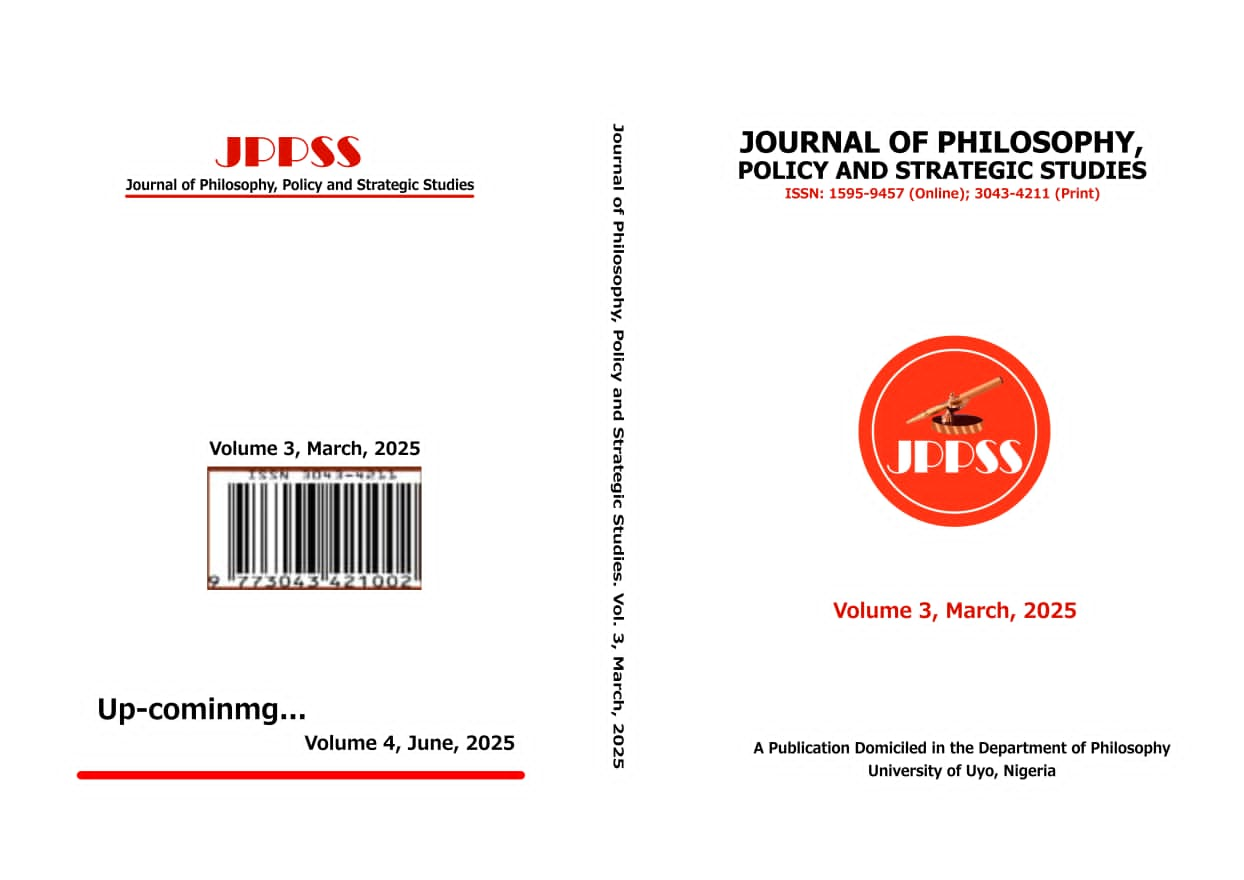PAULO FREIRE’S CRITICAL PEDAGOGY AND THE ROLE OF NUMBERS IN ADULT EDUCATION
By
Emmanuel Iniobong Archibong
Department of Philosophy
University of Uyo, Nigeria
Rabilu Abdu Yahaya
&
Abubakar Lawal Lala
Department of Adult Education and Community Services
Bayero University, Nigeria
Abstract
Paulo Freire’s critical pedagogy is premised on the liberation of oppressed individuals through education with learning being an inherently political act. Adult numeracy education on the other hand holds that numbers transcend mere mathematical computation embodying tools for critical consciousness and empowerment. Since there remains a conspicuous research gap concerning how numbers specifically function within critical pedagogical practices aimed at adult learners, this study addresses this lacuna. The study seeks to unearth fundamental questions such as: How can numbers be leveraged to bringing about critical thinking and social justice among adult learners? What are the barriers and facilitators in implementing numeracy education through a Freirean perspective? The study employs the qualitative method of research by critically analyzing the nexus between the importance of numeracy in fostering critical awareness even as the traditional approaches to teaching mathematics often fail to resonate with adult learners’ lived-experiences, thereby inhibiting their ability to critically engage with numerical concepts in relation to the world. The significance of this study lies in its contribution to the evolving discourse on critical pedagogy and adult education since the Freirean principles offers valuable insights for educators seeking to enhance their teaching from theory to practice. As a finding, Paulo Freire’s critical pedagogy provides a robust foundation for reimagining adult numeracy education especially from its emphasis on praxis and dialogical interactions engendering positive actions.


